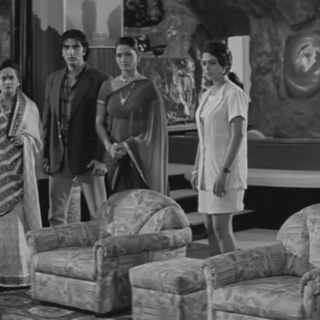When expressing gratitude toward a romantic partner, instead of acknowledging the cost they incurred, a new study recommends focusing on how their kindness helped.
Published in the Journal of Social and Personal Relationships this month, the study tried to understand the best way to express gratitude within a couple. Conveying that the benefactor-partner’s kind action met the other’s needs (e.g., “I wouldn’t have made it to the meeting on time if you hadn’t dropped me off at the office today”), was found to be preferable to acknowledging how costly their action was (e.g., “I know it was a hassle for you to drop me off at my office during rush hour”).
The study involved 111 couples, and the researchers drew their conclusions based on observing the couples’ in-lab conversations in addition to benefactor-partners’ self-reports.
The researchers found that focusing on help and support “was associated with benefactors’ positive feelings about the gratitude expression and the relationship,” while focusing on cost “had no such effect.”
“These findings suggest that expressing gratitude in a way that highlights how responsive benefactors were [to their partner’s needs] may be critical to reaping the relational benefits of gratitude and have practical implications for improving couples’ well-being,” the study concluded.
Related on The Swaddle:
Why Some People Over‑Apologize, and Others Never Do
That said, thanking a partner in a way that focuses on the cost of their effort is better than not saying thank you at all, the researchers advised. “Our results do not suggest that acknowledgment of the costs has no value to the benefactor in a communal relationship; it may still be a better alternative to not expressing gratitude at all.”
In a bid to explain why people prefer being thanked for their helpfulness more than their sacrifices, the researchers hypothesized that “benefactors are satisfied to learn that what they did met their partner’s needs precisely because their behavior was motivated by a concern for their partner’s welfare.” In addition, it may also give the benefactor-partners an opportunity to “feel important to their partner’s goals.” Since “romantic relationships are communal in nature,” the exchanging of “benefits between partners [is] based on responsiveness to each other’s needs,” the study notes.
However, the researchers also acknowledged their conclusions might not apply to all kinds of interpersonal relationships since their sample consisted of a “specific relationship context”: couples who had been together for more than a year, which, they say, indicates “high commitment.” Hence, they encouraged further studies to not only including different relationship contexts but also to explore individual preferences towards expressions of gratitude and “their implications for the partner’s motivation.”




